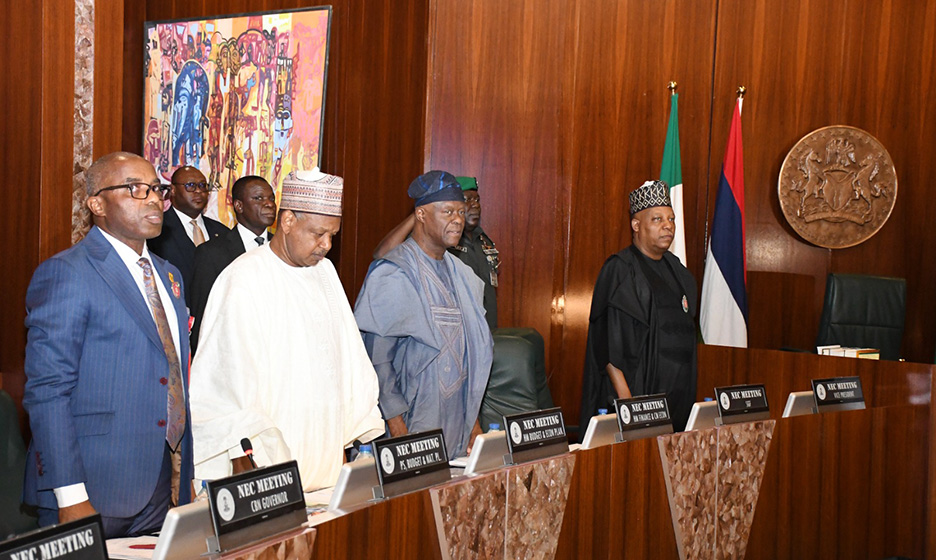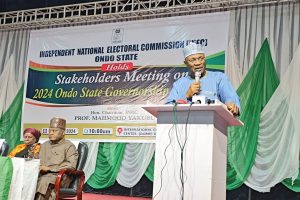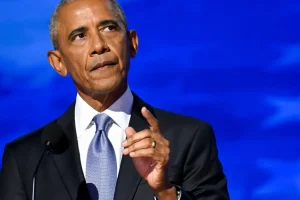The National Economic Council (NEC) has called on President Bola Tinubu to withdraw the Tax Reforms Bills from the National Assembly to allow for broader consultations and consensus building. This decision was reached at the 144th NEC meeting held at the State House in Abuja.
According to Oyo State Governor Seyi Makinde, the council members agreed that wider consultations are necessary to ensure understanding and alignment among Nigerians on the proposed reforms. “NEC noted the need for sufficient alignment on the proposed reforms and recommended the withdrawal of the tax reform bills,” Makinde stated.
The move is seen as a benefit to the country, emphasizing the need for further discussions on the bills. “We saw the gap and decided that there is a need for a wider consultation,” Makinde added.
Background on Tax Reform Bills
President Tinubu and the Federal Executive Council endorsed new policy initiatives to streamline Nigeria’s tax administration processes. The reforms aim to enhance efficiency and eliminate redundancies across the nation’s tax operations. Four executive bills containing these tax reform efforts are currently being considered by the National Assembly.
Northern Governors’ Objections
The NEC’s decision comes after the Northern Governors’ Forum rejected the new derivation-based model for Value-Added Tax distribution in the tax reform bills. Governor Muhammed Yahaya of Gombe State stated that the proposition negates the interest of the North and other sub-nationals.
The proposed legislation includes the Fiscal Policy and Tax Reform Bill, the Nigeria Revenue Service Establishment Bill, and the Joint Revenue Board Establishment Bill. These bills aim to provide a clearer framework for tax administration and optimize revenue.





Add Comment